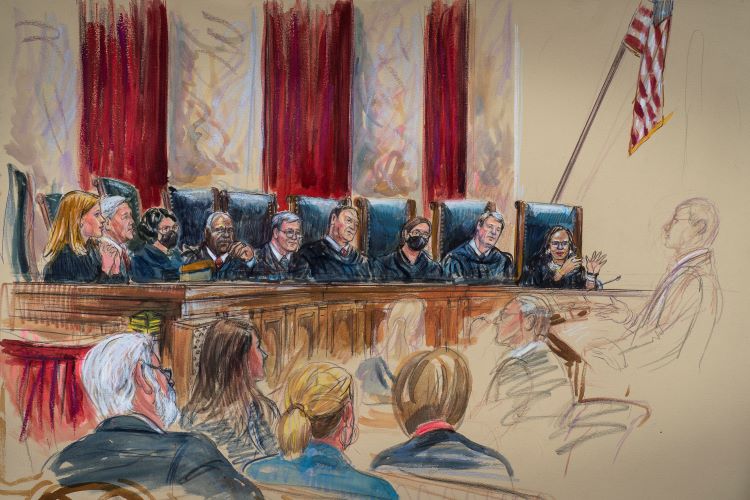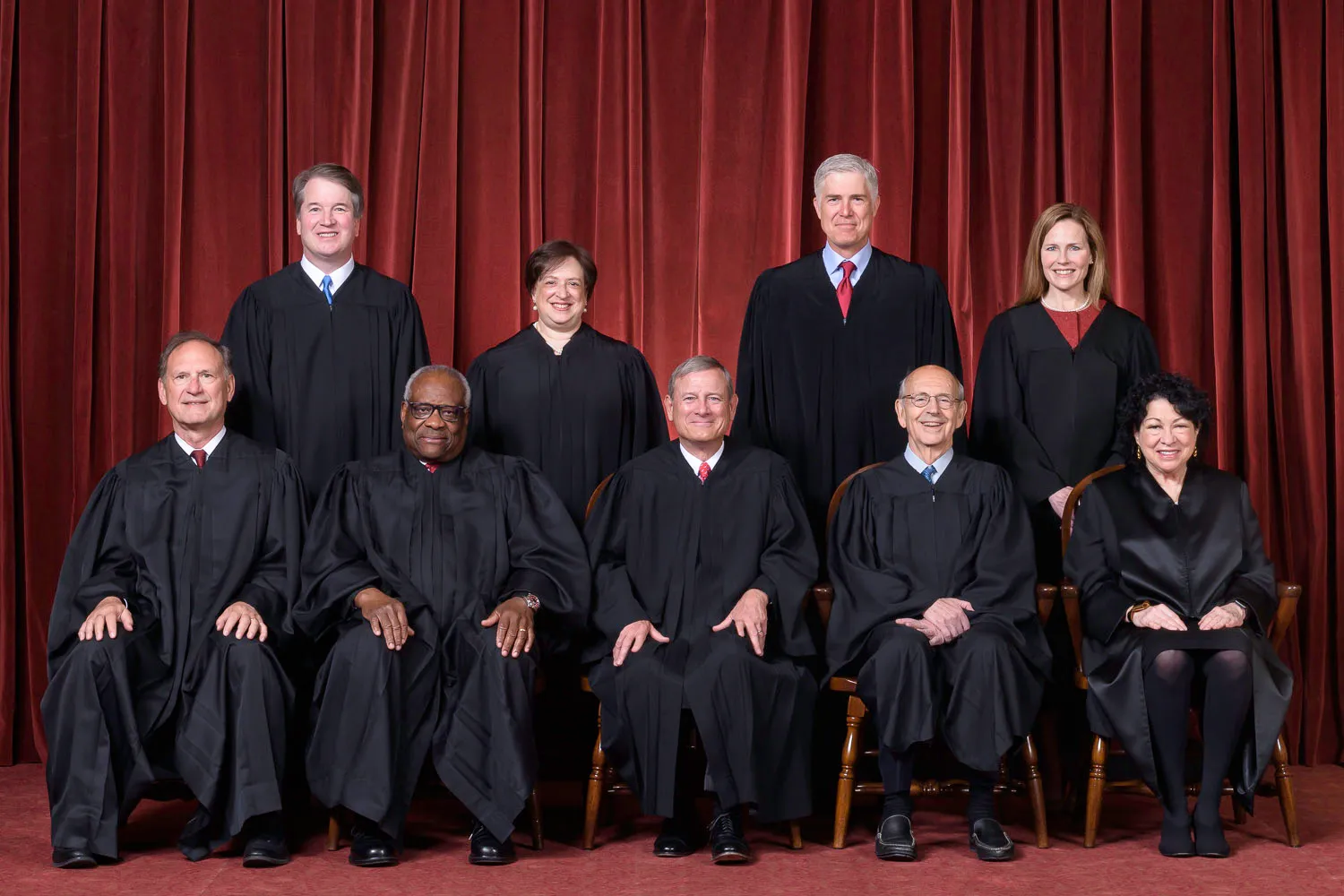In Puerto Rico horse-racing dispute, a looming question over independent contractors
Petitions of the week
on Oct 21, 2022
at 1:40 pm
The Petitions of the Week column highlights a selection of cert petitions recently filed in the Supreme Court. A list of all petitions we’re watching is available here.
In our modern gig economy, independent contractors constitute an increasingly large share of the American workforce. Companies like Uber, Lyft, and Amazon rely heavily on these workers, because the lack of any formal employment relationship means they do not have to provide them with benefits like health care and retirement savings. This week, we highlight cert petitions that ask the court to consider, among other things, whether independent contractors are entitled to federal protections for organized labor when they unite to demand higher pay.
Federal antitrust law bars collusion that would reduce competition in trade or commerce between states and with other countries. Organized labor disputes that disrupt economic activity, however, are exempt. Congress passed the labor exemption to ensure that strikes, walkouts and other negotiation tactics would not land unions in court for violating the antitrust laws.
Horse-racing jockeys in Puerto Rico are not employed by any racetrack or horse owner. Rather, they are independent contractors who agree to ride a specific horse at a specific race. Dissatisfied with their pay in the industry, a group of jockeys organized to delay the start of a major race. When subsequent negotiations between the track and the jockeys failed, the jockeys refused to race horses unless they were promised higher pay, and the racetrack canceled three days’ worth of races due to a lack of jockeys before the stalemate broke.
The racetrack sued the jockeys for shutting down races in violation of federal antitrust law. On appeal, the U.S. Court of Appeals for the 1st Circuit sided with the jockeys. Independent contractors, the 1st Circuit held, can be protected by the labor exemption from the antitrust laws. The court reasoned that because the jockeys were organizing for higher pay, and not to raise the price of goods they were selling in a market, their actions fell under the labor exemption.
In Confederación Hípica de Puerto Rico, Inc. v. Confederación de Jinetes Puertorriqueños, Inc., the racetrack asks the justices to clarify whether independent contractors can qualify for the labor exemption. The text of the exemption only applies to disputes between an “employer and employee,” the racetrack argues, and the jockeys are not employed by the track — or for that matter, by anyone. The track warns that the 1st Circuit’s ruling, which stands in contrast to those from other circuits on the issue, risks major disruption in our interconnected economy.
A list of this week’s featured petitions is below:
Oakbrook Land Holdings, LLC v. Commissioner of Internal Revenue
22-323
Issue: Whether the Treasury Department’s failure to respond to comments raising concerns about 26 C.F.R. § 1.170A14(g)(6)(ii) violated the Administrative Procedure Act.
Confederación Hípica de Puerto Rico, Inc. v. Confederación de Jinetes Puertorriqueños, Inc.
22-327
Issue: Whether the statutory labor exemption from the operation of the antitrust laws in 29 U.S.C. § 113, which exempts “labor dispute[s]” that “concern[] terms or conditions of employment,” encompasses concerted action by independent contractors that does not relate to an employer-employee relationship.
Reed v. United States
22-336
Issue: Whether the Constitution requires an indictment, jury trial and proof beyond a reasonable doubt to find that a defendant’s prior convictions were “committed on occasions different from one another,” as is necessary to impose an enhanced sentence under the Armed Career Criminal Act.






